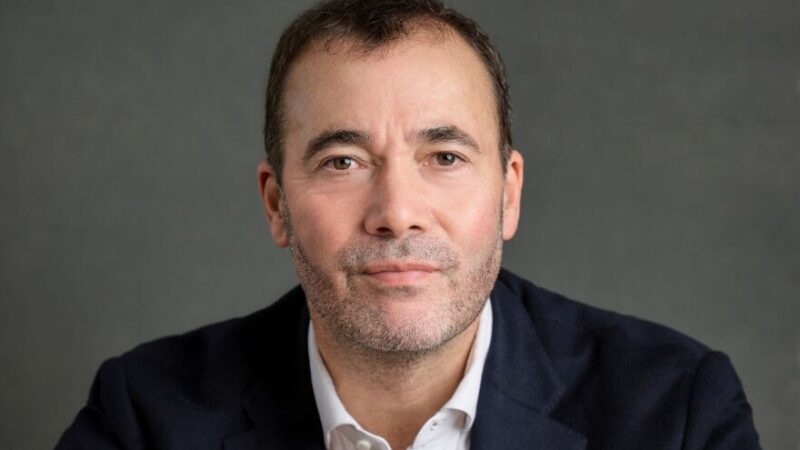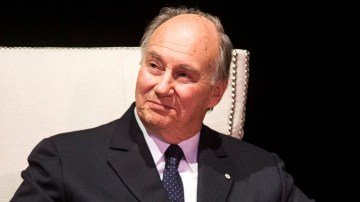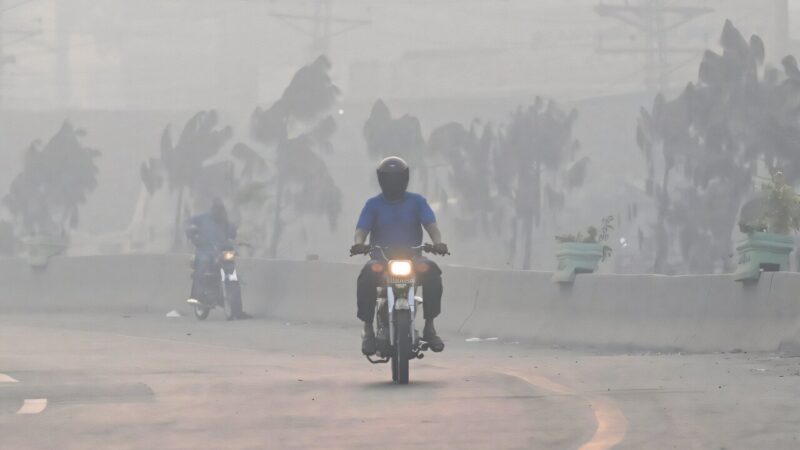41 Canadian Diplomats Exit India Amid Diplomatic Tensions Over Murder

Amidst growing diplomatic tensions between Canada and India concerning the murder of a Sikh separatist leader, 41 Canadian diplomats have recently left India. The strained relations stem from Canada’s accusation that India was involved in the murder of Hardeep Singh Nijjar on Canadian soil, an allegation that India vehemently denies.
India had asked Canada to withdraw dozens of its diplomatic staff and threatened to strip their immunity if they remained. Canada responded by referring to this threat as a “violation of international law.”
On Thursday, Melanie Joly, Canada’s foreign minister, confirmed the departure of many Canadian diplomats and their dependents from India. India has given notice that immunity will be “unilaterally removed” for “all but 21 diplomats” by October 20.
As a result of the reduced diplomatic presence, Canada will have to curtail its services in India, particularly in Bangalore, Mumbai, and Chandigarh. While services will still be available at the High Commission of Canada in Delhi and at third-party-run application centres, the downsizing is expected to cause delays in processing immigration applications, affecting primarily Indian citizens, including international students interested in studying in Canada.
Despite India’s demand for parity, claiming Canada had more diplomats in Delhi than India had in Ottawa, the available data suggested roughly equivalent numbers of diplomats.
Canada’s relationship with India has deteriorated since Canadian Prime Minister Justin Trudeau asserted credible evidence of potential involvement by Indian agents in Nijjar’s murder. This claim was based on Canadian intelligence findings and has been regarded by Canada as a breach of its sovereignty.
Nijjar was assassinated by masked gunmen outside the Sikh temple he led in Surrey, British Columbia. The Canadian authorities have labelled the murder a “targeted attack,” and an investigation is ongoing.
Nijjar was an advocate for the creation of a separate Sikh state in India known as Khalistan, a movement fiercely opposed by the Indian government. India had designated him as a terrorist in 2020.
Despite the public accusation, Prime Minister Trudeau has consistently expressed his desire to avoid escalating tensions with India and has called for Indian officials’ cooperation in the investigation into Nijjar’s death.






